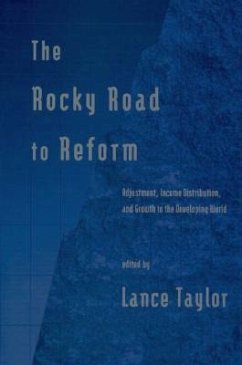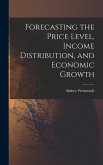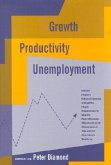These case studies by an international roster of development economists provide valuable insights into the difficulty of establishing answers to the fundamental question of why nations grow at different rates, with inequitable patterns of wealth and income distribution.The case studies of Colombia, Chile, Thailand, Malaysia, Sri Lanka, Tanzania, Uganda, the Philippines, Mexico, Nigeria, Zimbabwe, Argentina, Brazil, Nicaragua, Zambia, and Senegal look at each country from the perspective of its own history and institutions, bringing to light factors that condition observed performances.The country studies are framed by introductory chapters by Lance Taylor. Taylor discusses the ideas underlying the cases and summarizes their implications. He sets current policy in a broader context surrounded by initial and boundary conditions on economic reform relevant for the 1990s: prior debates in development economics; the theory of the state; currently popular options for economic stabilization and adjustment; and trade, industrial, and agricultural strategies. Drawing on results of the country studies, Taylor also sets up a novel "3-gap" macroeconomic model to calculate foreign resource requirements for growth.Lance Taylor is Professor of Economics at the Massachusetts Institute of Technology.
Hinweis: Dieser Artikel kann nur an eine deutsche Lieferadresse ausgeliefert werden.
Hinweis: Dieser Artikel kann nur an eine deutsche Lieferadresse ausgeliefert werden.








